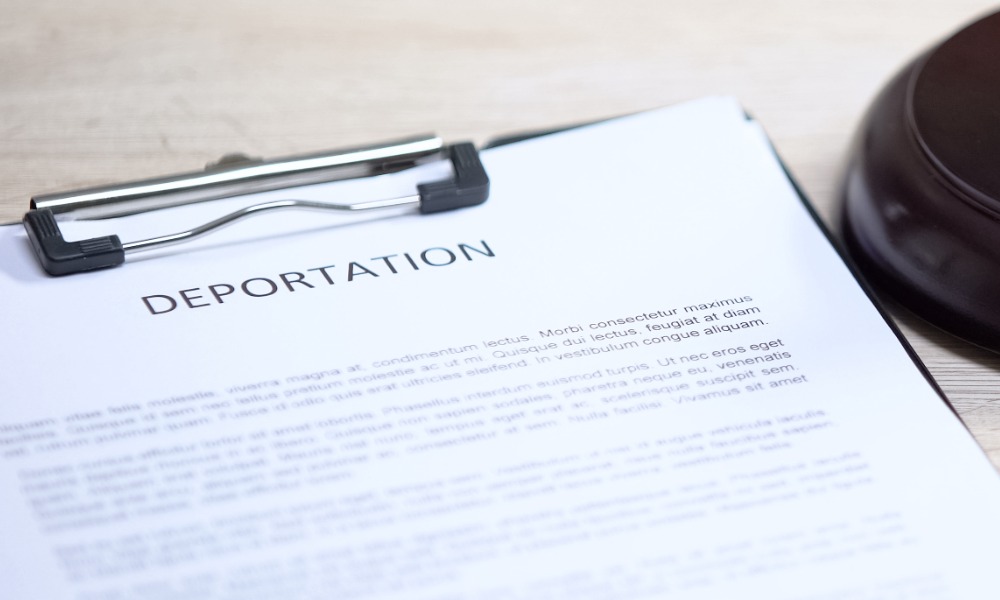Election day is upon us but what are each of the parties proposing when it comes in employment law in New Zealand? HRM analyses what is on the table.
Tomorrow Kiwis will go to the polls and depending on the outcome HR professionals could find themselves having to deal with a few changes when it comes to employment law and industrial relations. HRM takes a look what the parties are proposing.
National
Maori Party
National
- Increase paid parental leave by four weeks to a total of 18 weeks as well as extend paid parental leave to seasonal and casual workers, workers with more than one employer, and people who have recently changed jobs;
- Promises to pass the Employment Relations Amendment Bill;
- Invest $30 million in WorkSafe New Zealand to strengthen enforcement and education, employ health and safety inspectors and bring in stronger penalties.
- Increase paid parental leave to 26 weeks;
- Increase the minimum wage to $15 in its first 100 days in government and then to $16.25 by early 2015;
- Remove the 90-day trial law;
- Promises to hold a commission of inquiry into wages and collective bargaining;
- Ensure that all core public service workers are paid at least the Living Wage, and extend this as fiscal conditions permit;
- Abolish Secondary Tax.
- Raise the minimum wage to $17 an hour and a planned review of the use of short- or fixed-term contracts;
- Abolish the ‘starting out wage’ for young people;
- Review and amend employment laws to ensure that casualisation employment practices are fair and just to all parties and work to achieve better job security for individuals now employed on a permanent ‘casual’ basis;
- Allocate sufficient resources so that there is greater emphasis on training (small employers/new entrants to workforce) and WorkSafe NZ inspections
- Raise the minimum wage to $18 an hour by 2017;
- Establish a taskforce to investigate the economic and social effects of a 35-hour working week in New Zealand;
- Supporting employment relations policies that encourage collective bargaining, to ensure transparency of wage setting;
- Reviewing legislation and amending it as needed in order to promote and ensure equal employment opportunities and pay equity.
Maori Party
- Introduce a living wage of $18.80 for all employees;
- Double Māori and Pasifika Trade Training from 3000 to 6000 placements per annum;
- Establish a working party to calculate tax credits for people who make regular contributions to our economy through volunteering, unpaid or community work.
- Introduce a living wage of $18.80 an hour for all employees and index it at 66% of the average wage. Additionally they would repeal youth rates for workers aged 16-17 years;
- Require employers to offer extra hours to existing staff up to 40 hours a week before hiring new staff;
- Abolish the 90 day trial period and double employee entitlements to sick leave;
- Increase paid parental leave to 12 months;
- Make Matariki Day a new public holiday;
- Support changes to employment relations laws to give workers greater bargaining power to negotiate wages and conditions with their employers, including the right to strike
- Increase trial periods up to 12 months;
- Offer workers who are paid more than $100,000 a year the opportunity to opt out of personal grievance provisions;
- Abolish reinstatement as a remedy for unfair dismissal;
- Repeal Part 6A of the ERA which regulates the continuity of employment when there is a transfer of undertakings, such as for cleaning contractors.
- The first $20,000 earned per year would be tax free.





